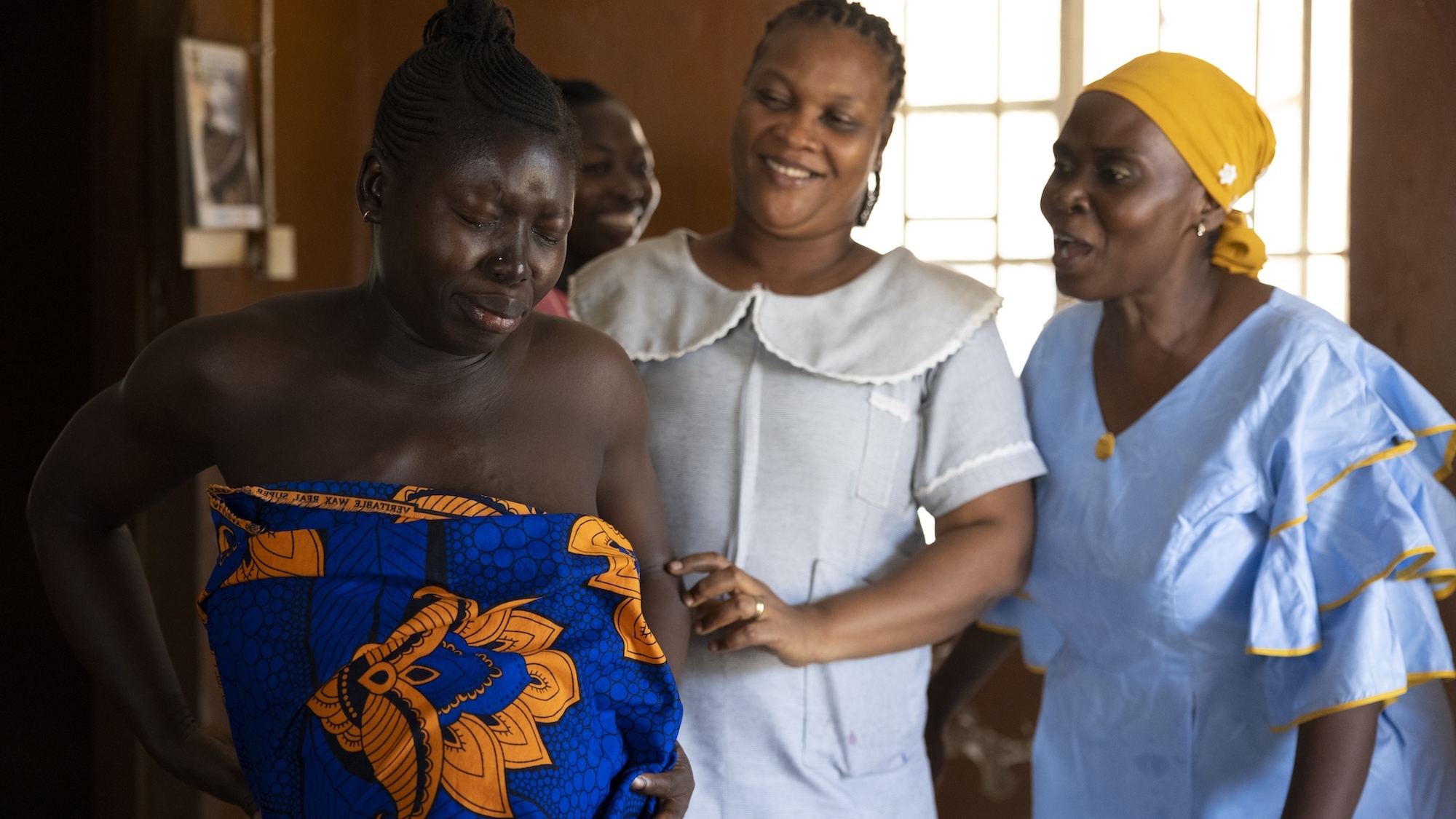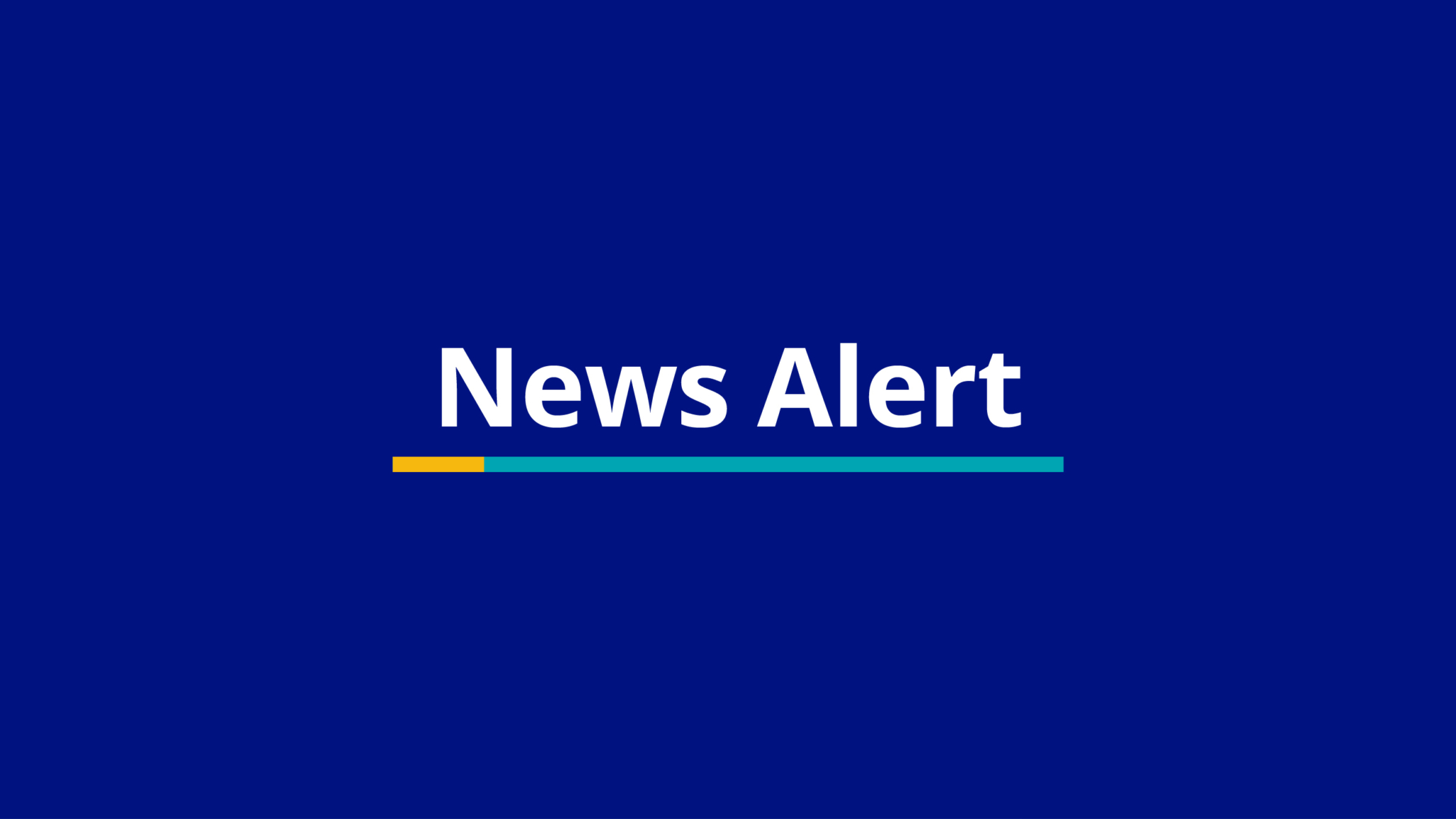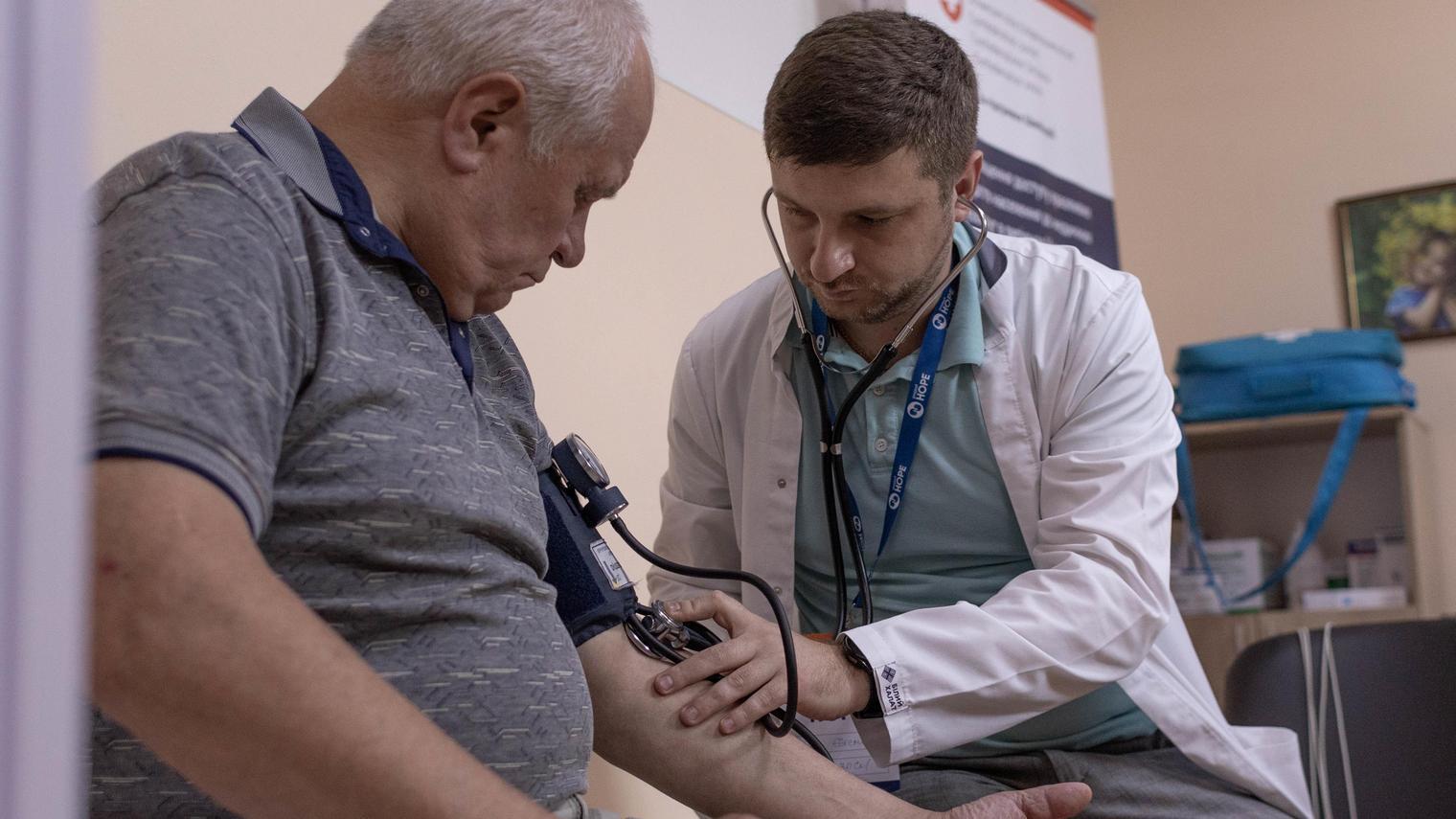Photos: Saving Lives in Kosovo and North Macedonia
Across North Macedonia and Kosovo, HOPE is delivering essential medicine and supplies to empower local health care workers to be able to better care for mothers, newborns, and children.
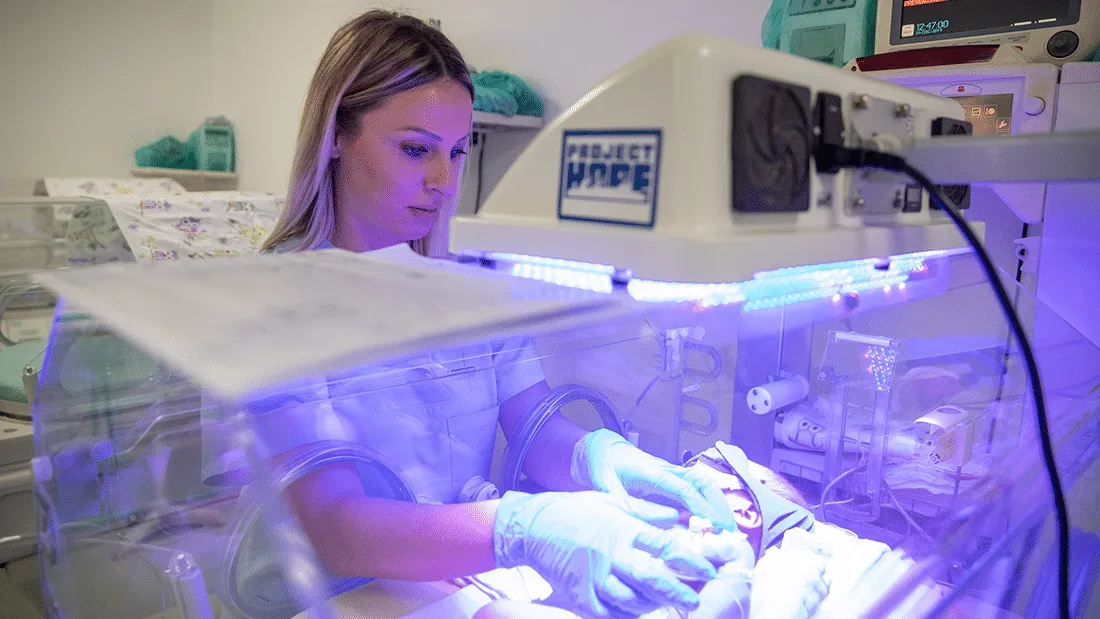
Health care in Central and Eastern Europe lags behind the rest of the continent. With limited economic resources, health systems have struggled to keep up with global health standards and overcome decades of neglect. The cost of some of the most basic medicines is often too much for many hospitals and health clinics to afford, which results in medicine shortages and added stress on already overburdened health systems.
HOPE is helping to raise the standard of care and reduce the burden.
In North Macedonia and Kosovo, we work closely with the ministries of health and health facilities to deliver essential medicines and medical supplies where they’re needed most — donations that have proven critical in reducing infant mortality and improving maternal and child health.
For over a decade, this support has helped country governments improve patient care and strengthen their health care systems — ensuring everyone has access to the quality care they deserve.

HOPE works with partners to donate priority medical materials to health facilities across North Macedonia and Kosovo — everything from pharmaceutical drugs and consumer disposable products to medical equipment.
Here, at Mother Theresa hospital in Skopje, North Macedonia, a newborn rests in one of four radiant warmers that have incorporated blenders for oxygen and air. The hospital didn’t have this option for treating premature and low birthweight babies until the donation from HOPE.
Since 2007, HOPE has delivered over $80 million in donated medicines, medical supplies, and medical equipment to government health facilities throughout North Macedonia.
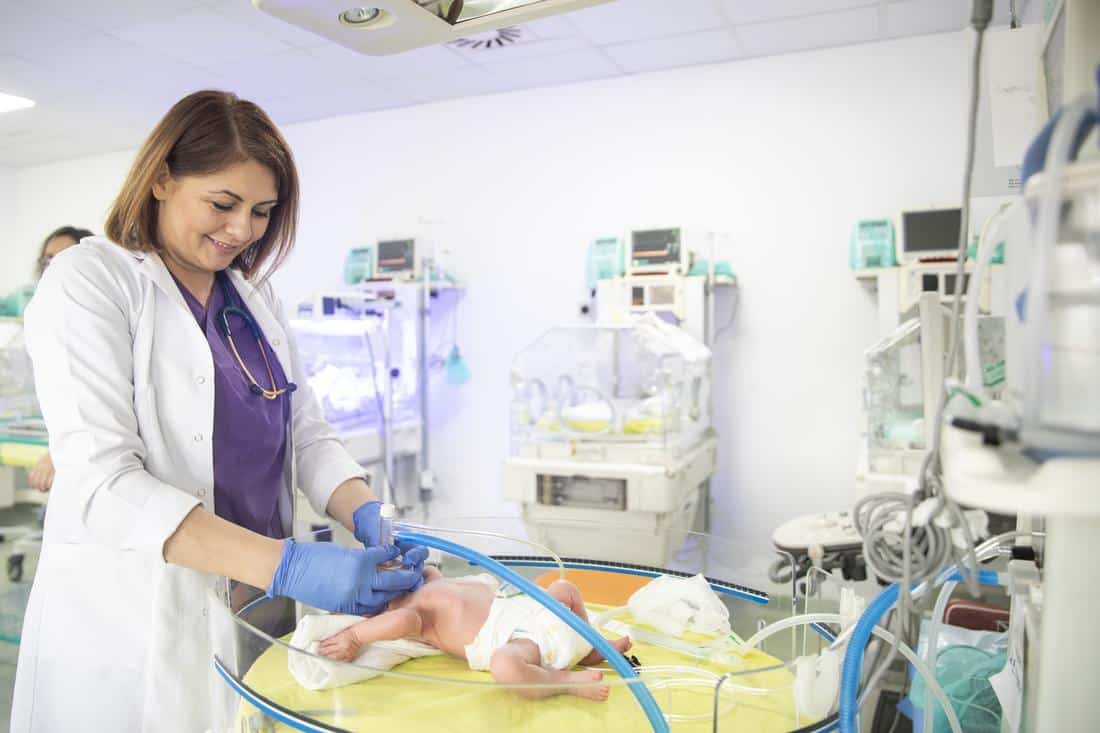
Training health workers on new equipment is critical to ensuring their sustained adoption and effective use.
Lulijeta Beqiri is a pediatrician at the Special Hospital for Gynecology and Obstetrics, Mother Theresa. She helps HOPE teach other health workers at the regional hospital in Tetovo on the proper use of donated equipment and supplies, like the use of this Neo-Tee, a resuscitator that is critical for lung development. Dr. Beqiri also educates colleagues on the different features of the radiant warmers.


The start of the innovative Strategic Medical Resupply Program in North Macedonia also opened the door to war-torn Kosovo, allowing HOPE to provide support to Syrian refugees.
In the last year, HOPE has delivered over $1.2 million in cancer medications to the University Clinical Center in Pristina. The medicine — used to treat multiple myeloma and mantle cell lymphoma — is unavailable locally, and has been distributed to all patients in the country. Without the donation, these patients would have either received nonspecific therapy or gone without treatment.
“It’s emotional. Those boxes [of medication] will save lives,” says Erblin Elezi, a pharmacist at the University.
Since 2010, HOPE has delivered over $45 million in lifesaving medicines, medical supplies, and medical equipment to government health facilities throughout Kosovo.


For 14-year-old Yllka, painting isn’t just a hobby: it’s a lifeline to a better future. Living with cystic fibrosis can be especially hard in Kosovo, where medicine is hard to find and even harder to afford. Yllka sells her art to help her family pay for treatment. Project HOPE, meanwhile, helps provide the vital medicines she needs.
Across the country, HOPE is providing patients like Yllka with Creon, one of the medications that people with cystic fibrosis must take on a daily basis.
Rizuana, 7, also receives medication from HOPE to manage her cystic fibrosis. The rare and life-threatening hereditary disease affects the lungs and digestive system, making COVID-19 a heightened threat for Rizuana and Yllka. Rizuana is very emotional about her condition and the medication she’s receiving; the treatment takes hours every day, and she would die without it.
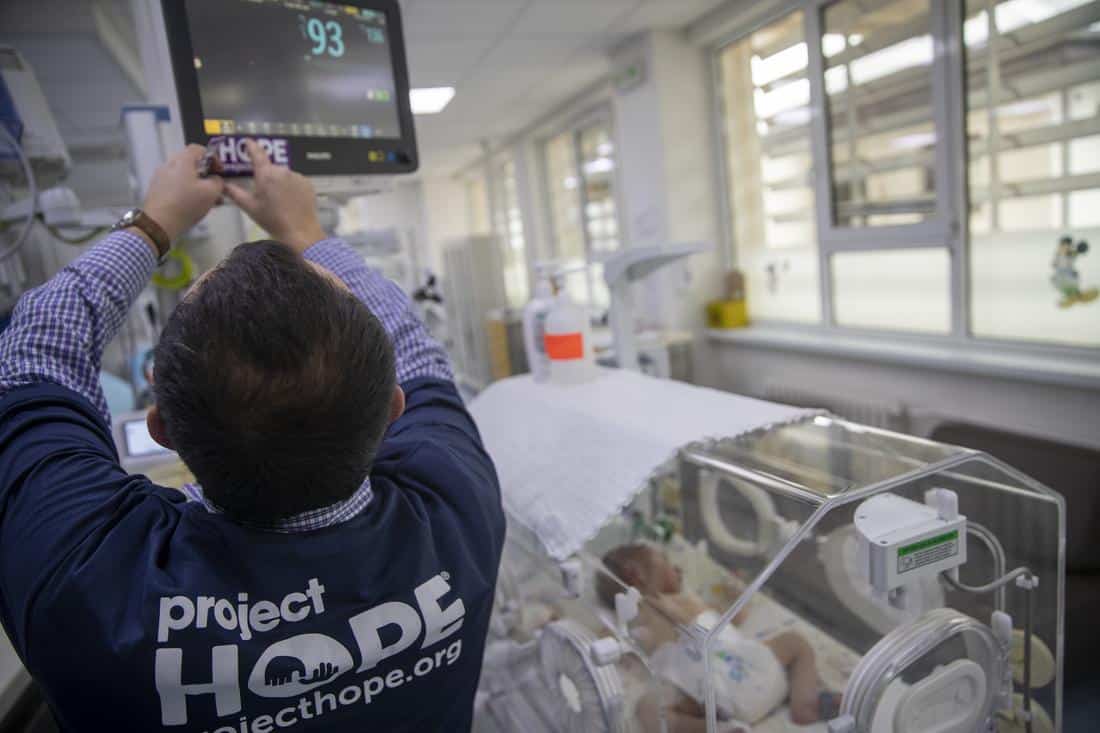
HOPE donated 14 neonatal patient monitors to the intensive care unit at the University Children’s Hospital, University Clinical Center at Mother Theresa. This is the only ICU in the country that accepts neonates, very often premature and low-weight patients, making it crucial that the unit is up-to-date, prepared, and equipped to save lives.
We also donated a central station for monitoring — the first of its kind in North Macedonia — which is especially critical given the limited number of doctors and nurses in the ICU. The station allows not only for better monitoring but also storage of electronic records for each patient.

At the Special Hospital for Gynecology and Obstetrics, Mother Theresa, Emilija Kitanovska tends to a newborn in a phototherapy unit donated by Project HOPE.
Thanks to in-kind donations such as these, the hospital is able to save and reinvest in other priority areas, while increasing the survival chances of premature babies and improving perinatal care.


Dr. Vesna Delovska is a leading pediatrician and neonatologist at Mother Theresa. She is also President of the Association of Neonatologists of Macedonia. One month after birth, she gives follow-up checkups using a neonatal stethoscope donated by HOPE.
HOPE donated small neonatal stethoscopes to all the neonatologists at Mother Theresa hospital and the University Children’s Clinic. Appropriate stethoscopes (for babies, children, and adults) were donated to all four hospitals and health clinics as part of the PeriMAC program. Over the last two-and-a-half years, PeriMAC has helped increase the number of deliveries at Mother Theresa by 40%.

Vera Donevska has given birth to both of her children at Mother Theresa and has seen firsthand how HOPE has raised the standard of care at the hospital.
“The difference is huge,” she says.
At HOPE, in-kind gifts like medicines and medical supplies are an essential part of our work. In North Macedonia, Kosovo, and beyond, these donations make the difference between life and death for vulnerable mothers, newborns, and children every day — girls like Yllka and Rizuana, and mothers and babies like Vera and Dorijan.
But delivering in-kind aid is just one arm of our work. We’re also investing in long-term solutions to train staff and strengthen health systems — work that will make a lifesaving difference for generations to come.

